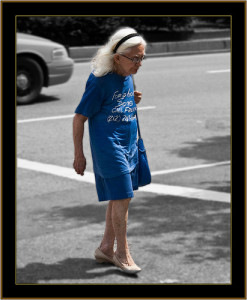Could helping more of America’s seniors to live independently be a method for preventing nursing home abuse? If an elderly San Diego resident does not require the kind of care that an assisted-living facility or a residential care facility for the elderly (RCFE) would provide—if she can have that same kind of care at home—would she take away some of the risks of becoming a victim of elder abuse? One of our first steps in preventing elder abuse should be to make care facilities safer for older adults. But at the same time, even if we did want to push for more seniors to live independently, a recent article in Forbes Magazine suggests that our country simply is not providing the kind of assistance that would make this possible.
Older Americans Act (OAA) and Providing Assistance to Seniors
Every year, elder rights advocates and others attend the National Home and Community Based Services Conferences, which brings together professionals in various fields to discuss the state of independent living for older adults and those with disabilities. The conference is sponsored by the National Association of States United for Aging and Disability, and it has more than 1,400 participants. Indeed, Kathy Greenlee, the Assistant Secretary for Aging, gave an opening speech that marked the 50th anniversary of the Older Americans Act (OAA).
 Southern California Nursing Home Abuse Lawyer Blog
Southern California Nursing Home Abuse Lawyer Blog

















